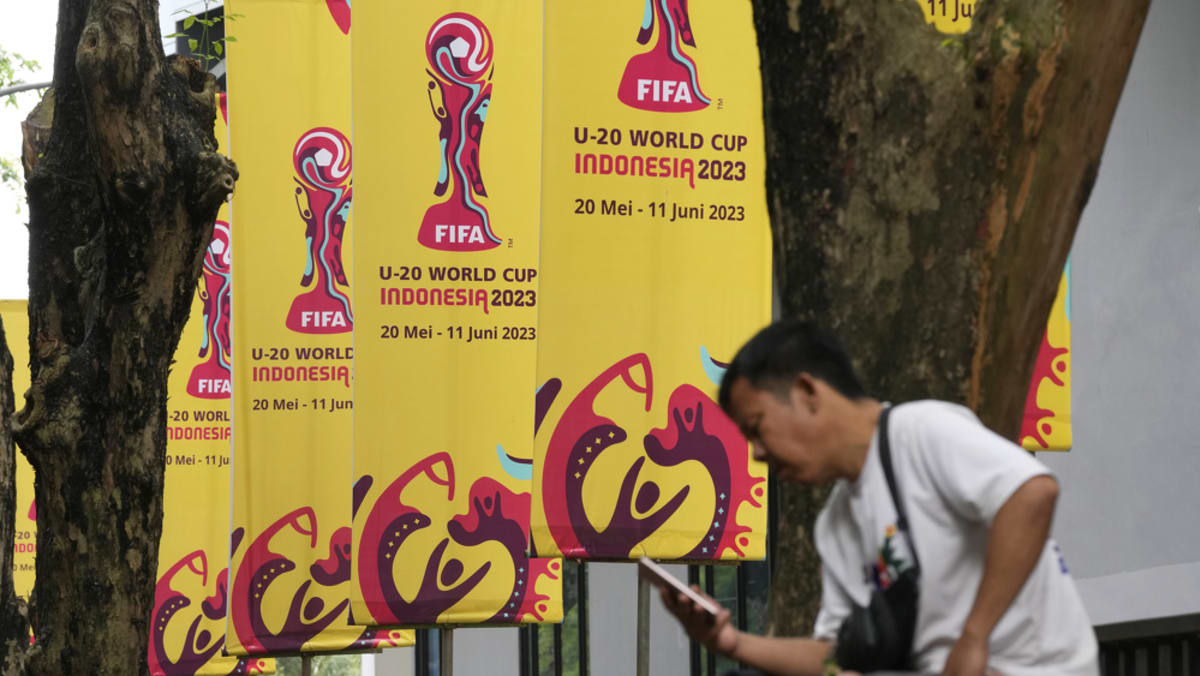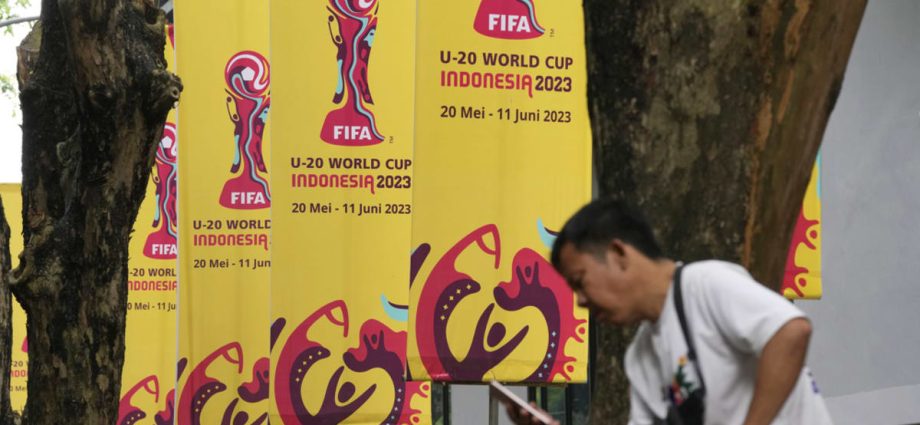
Yet, this momentum and euphoria changed into polemics by the final weeks of March 2023. The heightened debate over the participation of Israel’s youth team involved government officials, politicians and social activists, particularly the governors of Bali and Central Java, Wayan Koster and Ganjar Pranowo, respectively.
Wayan referred to the trauma to his province’s residents caused by the 2002 Bali bombings despite the Bali police chief’s guarantee of safety for the U-20 event, while Ganjar awkwardly stated that he supported the success of the Cup but rejected Israel’s presence in Indonesia. Several organisations and political parties like the Democratic Party of Indonesia-Struggle (PDI-P) and the Prosperous Justice Party (PKS) also voiced their objections.
Almost a month has passed since FIFA’s decision to cancel Indonesia’s host rights. In hindsight, this episode raises an alarm in terms of Indonesia’s policy coordination and implementation.
POLITICISATION RISK OF INTERNATIONAL EVENTS
First, Indonesia does not have any diplomatic relations with Israel, like many other majority-Muslim countries, as a consequence of the Indonesian constitution’s mandate. In the existing regulatory framework, the two governors had cited Foreign Ministerial Regulation No 3 of 2019 when rejecting the presence of the Israeli players, although the foreign ministry has said that the regulation should not be used in this way.
Here, it seems that there has been little or no coordination across ministries and the relevant departments to identify all the consequences of this policy or to ensure consistency in its implementation.
Indonesia has had a difficult history over the issue of Israeli athletes in sports. In 1958, Indonesia, Turkey and Sudan dropped out of the World Cup qualifiers to avoid playing against Israel. During the 1962 Asian Games, the Indonesian government refused to issue visas to Israeli participants. In 2006, Indonesia pulled out of an international tennis tournament because it was held in Tel Aviv.

